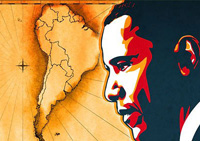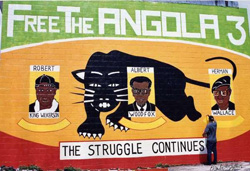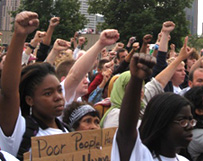
East Timor 10 Years On: Still Waiting For Justice
Source: Green Left Weekly
I was angry that Timorese president and peace laureate Jose Ramos Horta used the 10-year anniversary of the United Nations-supervised ballot in East Timor on August 30 to declare: “There will be no international tribunal.”
On this same day in 1999, the people of East Timor voted for independence from Indonesia – their brutal occupier for 24 years.The Timorese Truth, Reception and Reconciliation Commission estimated that about 1500 people were killed by the Indonesian military and its militias in the period leading up to and immediately after the September 4 announcement of the ballot’s results in 1999. The vote revealed that 78.5% wanted independence.



